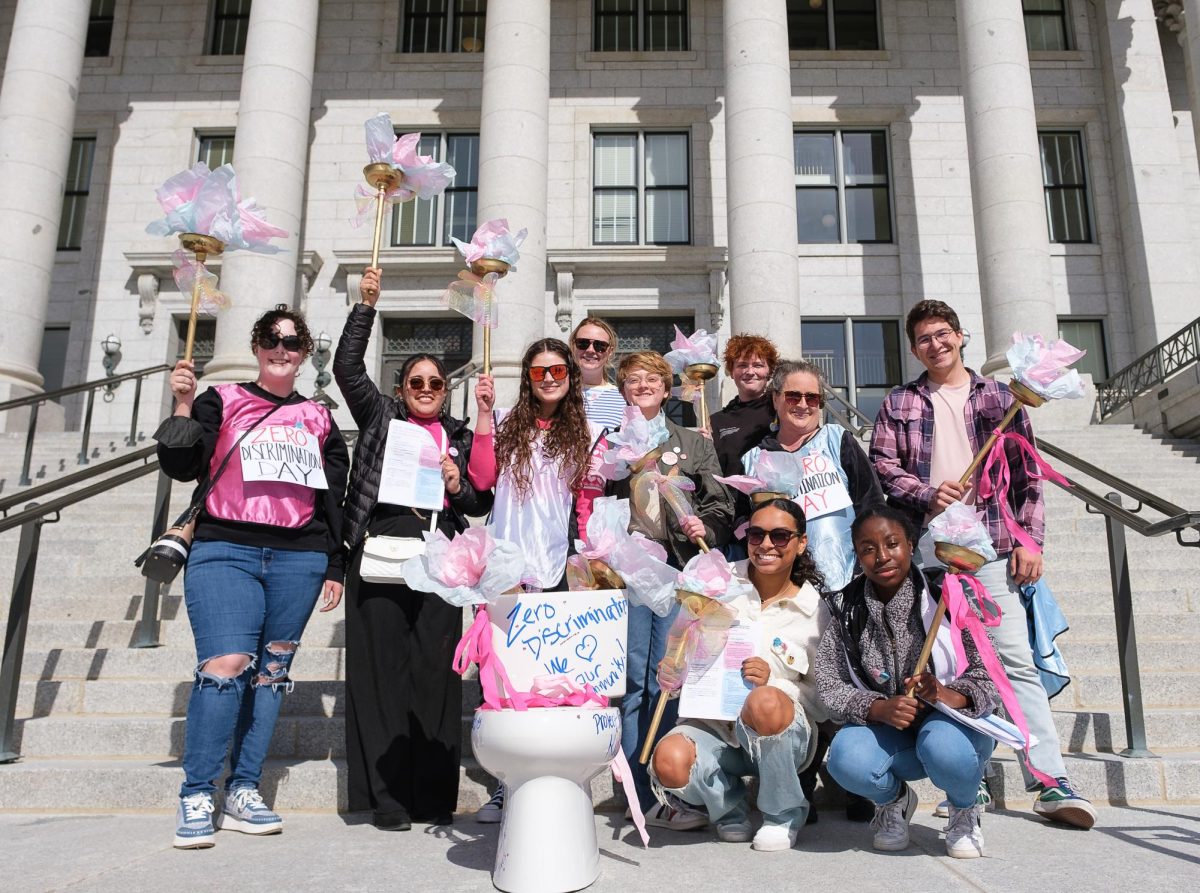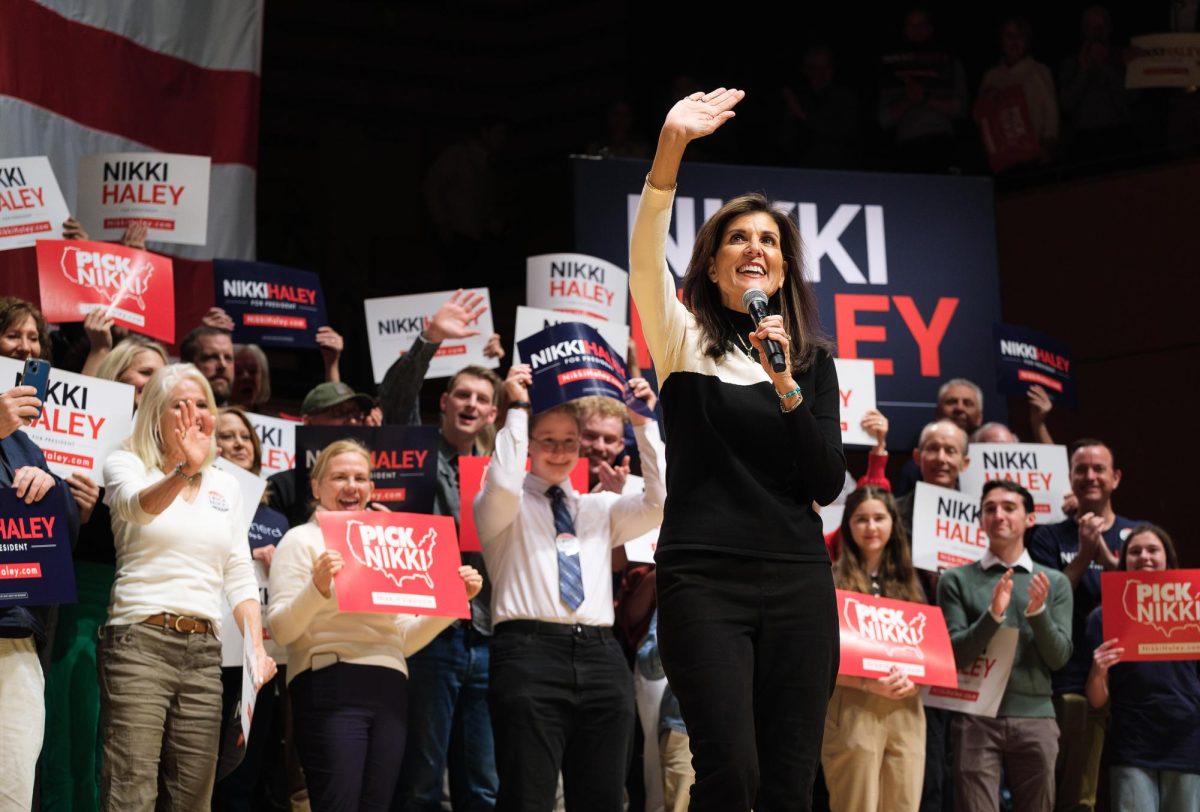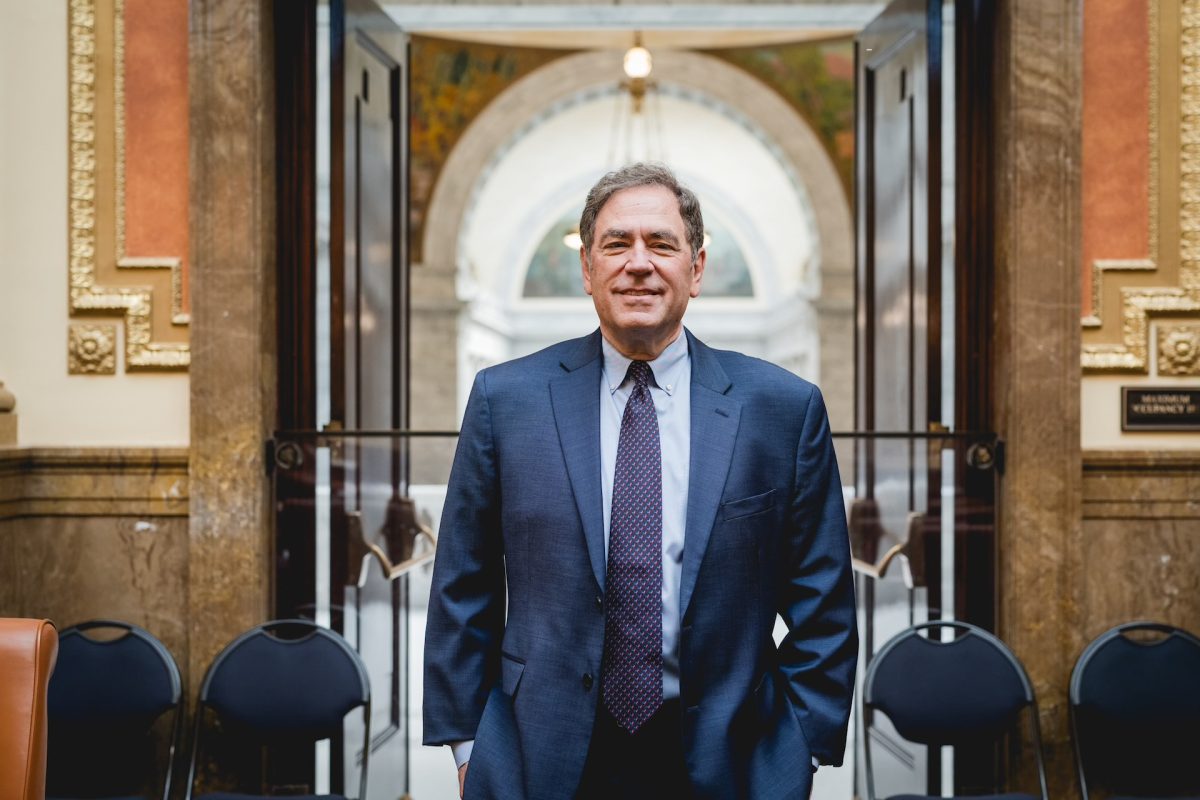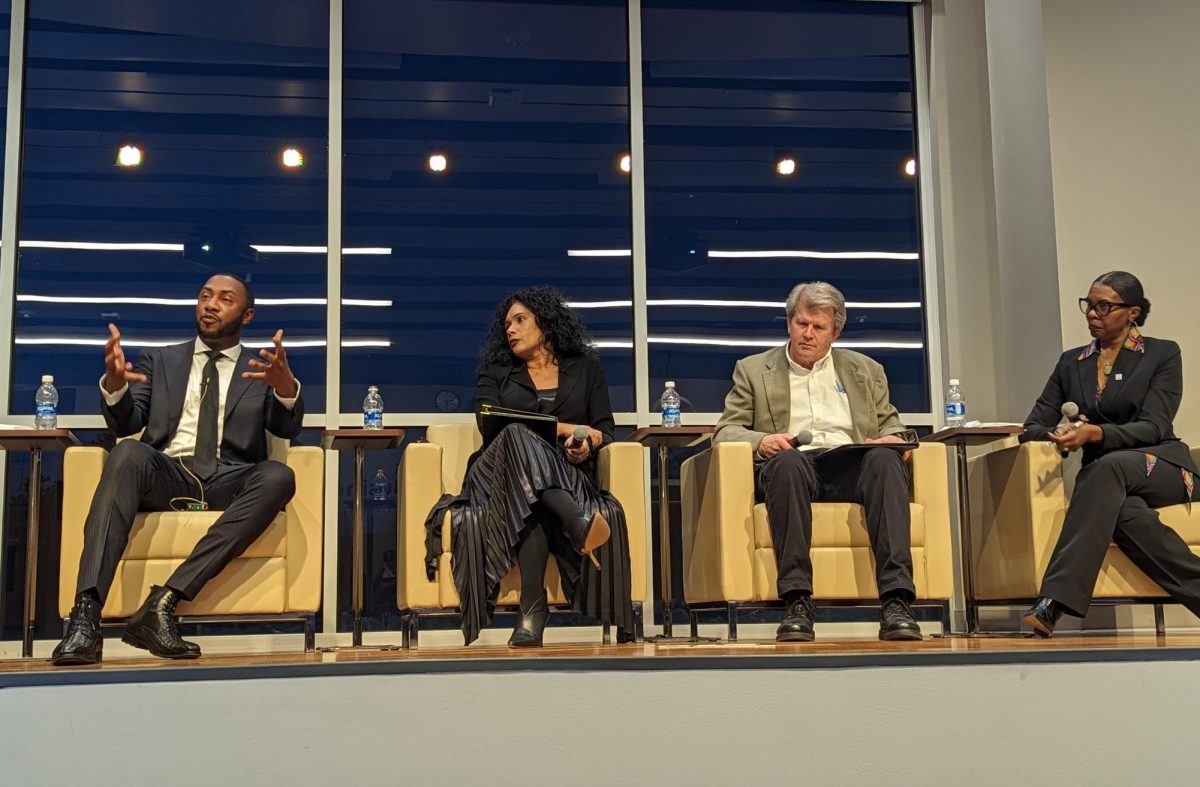WASHINGTON, D.C.8212;Fran Thompson lent her support to President-elect Barack Obama by creating a Facebook group. Alan Wallsdale backed Obama by forwarding political texts to his friends. Jerry Watkins donated $50 to the Democrat’s campaign.
Wallsdale and Watkins, both juniors in math at George Mason University, and Thompson, a freshman in Catholic studies at Georgetown University, were among 23 million young voters in last week’s presidential election.
The Center for Information and Research on Civic Learning and Engagement estimated the 23 million mark would be the new record for the voting bracket for Americans age 18 to 29. This was an increase of 3.4 million from 2004. More than 52 percent of eligible young voters went to the polls, tying the 1992 election for the second-highest young voter turnout. 1972 had the highest percentage with 55.4 percent.
Thompson said students used different avenues to support Obama because he excited them about politics for the first time and encouraged them to vote. She said she felt youth voting increased because students realized they could make a difference in the election and are desperate for a better future.
“We were worried, we still are worried,” she said. “But we heard the words of Obama and realized that if he can overcome obstacles to be heard, we can too.”
Thompson still wears an “Obama for President” T-shirt a week after the election, mostly to rub the Illinois senator’s victory in the face of Sen. John McCain supporters, who she said were active and strong on Georgetown’s conservative campus.
Youth voter turnout was high for both candidates, CIRCLE reported, but was overwhelmingly favored toward Obama. CIRCLE estimated voters ages 18 to 29 chose Obama two-to-one over McCain. CNN exit polls indicated the same, suggesting Obama received 66 percent of the youth vote compared to McCain’s 32 percent.
Peter Levine, the director of CIRCLE, based out of Tufts University, suggested young voters had a large influence on the election both in the polls and away from them.
“Young Americans went to the polls in record numbers, showing they are an influential voting bloc in American politics. This reflects their deep concern about the critical issues at stake and the impact of this election on our country’s future,” Levine said in a press release.
The youth vote had a profound impact in swing states. Obama won the youth vote in large numbers in every state that national media groups suggested was up for grabs8212;including New Mexico, North Carolina, Florida and Missouri. The closest swing state race was in Virginia where 60 percent of young voters selected Obama, compared to 39 percent for McCain.
Wallsdale, who lives and goes to school in Virginia, said young voters knew the state was hotly contested. He said many students only voted because the state was so close.
“If I was living somewhere like Oklahoma (which voted heavily Republican) or Massachusetts (which voted heavily Democrat) I probably would not have voted,” he said. “But because Virginia was too close to call on Election Day, I went out and voted. I think a lot of other people had the same mindset as me.”
However, the youth vote was high in non-battleground states as well. Utah, which had one of the highest Republican majorities, had 26 percent of voters in the 18 to 29 age group. The District of Columbia, which was the most Democratic, with 95 percent voting for Obama, according to CNN
exit polls, saw youth make up 25 percent of its vote.
Watkins, who lives in D.C., said he and many of his friends voted to make a statement rather than to win the election.
“In D.C. everyone knows our three electoral votes will go Democratic. But no one expected such a large majority to go that way,” he said. “That is why we voted, to show how discontented we are with the current form of government and our desire for change.”
Jerry Fallis, a sophomore in computer engineering at George Mason8212;which is located in the swing state of Virginia8212;said young voters were excited about Obama because America is at the lowest point in its history and they no longer trust those older than them to elect sound leaders.
“Most college students didn’t vote in the last two elections. Many weren’t even old enough. But the older population twice elected a man that hurt our country,” he said. “We didn’t want that to happen again, so we voted in large numbers for Obama.”
Sigmund Dunford, a law student at Georgetown, doesn’t fit into the youth voting category. He turned 35 in October and this election was his fifth time voting. He said this election reminded him of the 1992 election, when he was a freshman in college and was part of the youth vote that helped put Bill Clinton into office.
“That election was about young blood coming out to vote. Clinton was about changing Washington and doing something different,” he said. “Obama was able to capture the same feel and defeat the Clinton powerhouse as well. He organized a great campaign.”
Editor’s Note8212;Jed Layton is a U student reporting from Washington, D.C., through the Hinckley Institute of Politics.
















